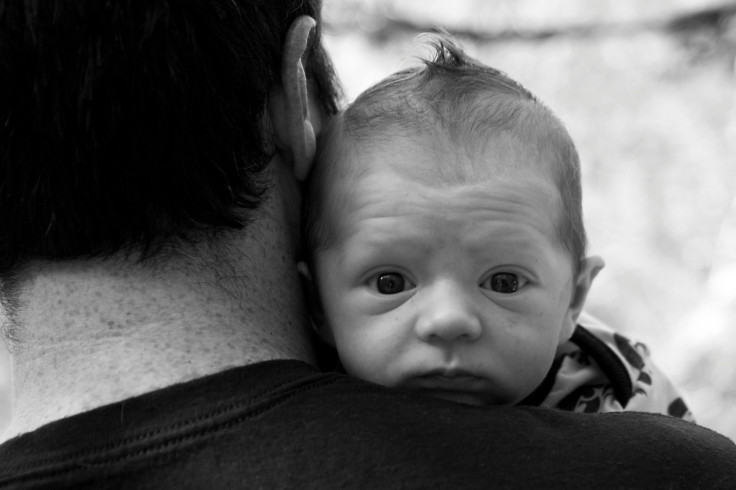Young Men’s Sexual Behavior May Predict Teen Pregnancy Risk, The Kind Of Dad They’ll Be

For years, researchers have investigated young women’s views on motherhood in an effort to reduce teen pregnancies. But in a new study from Northwestern University, they shift their attention to young men and their behavioral patterns, which can shed light not only on their chances of becoming fathers, but also the kind of fathers they’d be.
Past research into young men and sex had primarily focused on the link between risky behaviors and sexually transmitted diseases (STDs). But co-author Dr. Craig Garfield and his team were more interested in seeing how attitudes toward risky sex, pregnancy, and birth control related to their future parental outcomes. They found teens and young men with more nonchalant attitudes toward sex were more likely to be nonresident fathers — men who didn’t live with their children.
"I was very surprised that, based on what adolescent males tell us in their teenage years, we could predict whether they would later become a teen father or a nonresident father," said Garfield, an associate professor of pediatrics at Northwestern, in a press release. "We're expanding male reproductive health across the lifespan and beginning to see how early beliefs relate to later outcomes and health, including fatherhood.”
The research team interviewed 10,253 male teenagers and young adults. Participants were asked to respond to statements, like “If you had sexual intercourse, your friends would respect you more;" "it wouldn't be all that bad if you got someone pregnant at this time in your life;" and "using birth control interferes with sexual enjoyment." Then 20 years later, they followed up with the participants to compare their responses from the initial interview to whether they had a child, if they lived with the child, and their age when they impregnated the mother.
Those who practiced riskier sexual behavior “significantly increased” their odds of becoming a nonresident father, especially when it was an unintended pregnancy, the researchers found. Specifically, young men who were less concerned about risky sex were 30 percent more likely to become a father who did not live with his child. Teens who felt it “wouldn’t be that bad” if they impregnated a girl were 20 percent more likely to become nonresident fathers.
These findings served as a way to predict the likelihood of young men becoming fathers in their teenage years. But they also show a correlation between boys’ attitudes about sex and the type of fathers they’d grow up to be 14 years later. While it’s unclear what causes this correlation, research shows teen fathers are less likely to finish school, and more likely to rely on public assistance and have lower-income jobs throughout their lives.
The researchers also found teenage boys who understood the pros and cons of using birth control were 28 percent less likely to become nonresident fathers, suggesting sex education may help as an intervention. According to the Sexuality Information and Education Council of the United States, young people who receive comprehensive sex education are 50 percent less likely to become pregnant or get a woman pregnant, and significantly more likely to delay a pregnancy and invest time in a planned pregnancy.
But first, Garfield says we must get teen boys to change their views on pregnancy. He says interventions that focus on this will reduce the number of teens who go on to become fathers and reduce their chances of becoming nonresident fathers. “That's a role the school system and health care workers can play when seeing young men for physicals,” he said. “Together we can help young men think about their futures."
Source: Garfield C, Duncan G, Peters S, et al. Adolescent Reproductive Knowledge, Attitudes and Beliefs and Future Fatherhood. Journal of Adolescent Health. 2016.



























